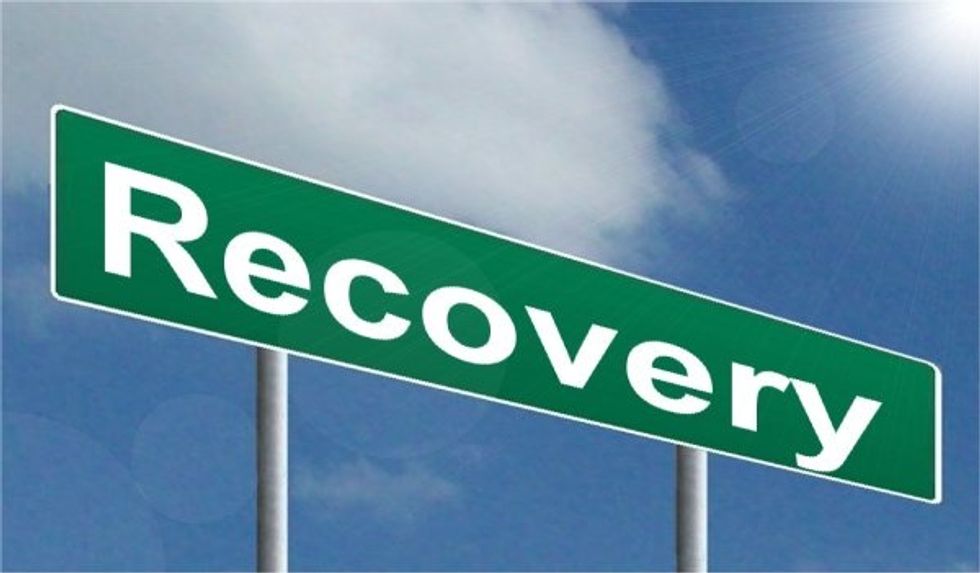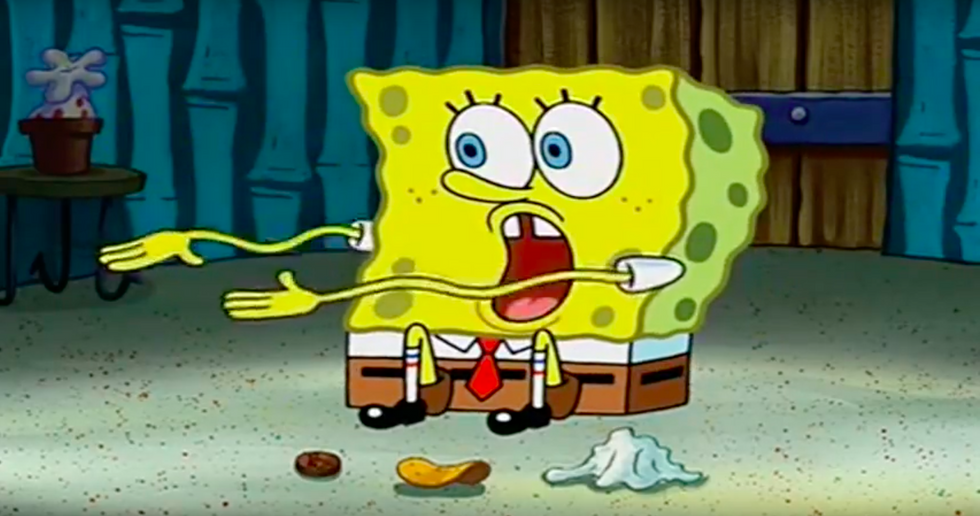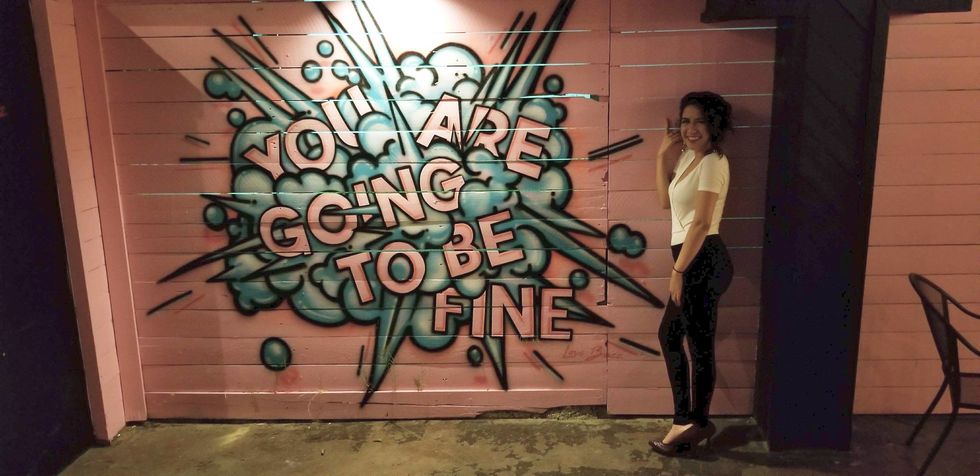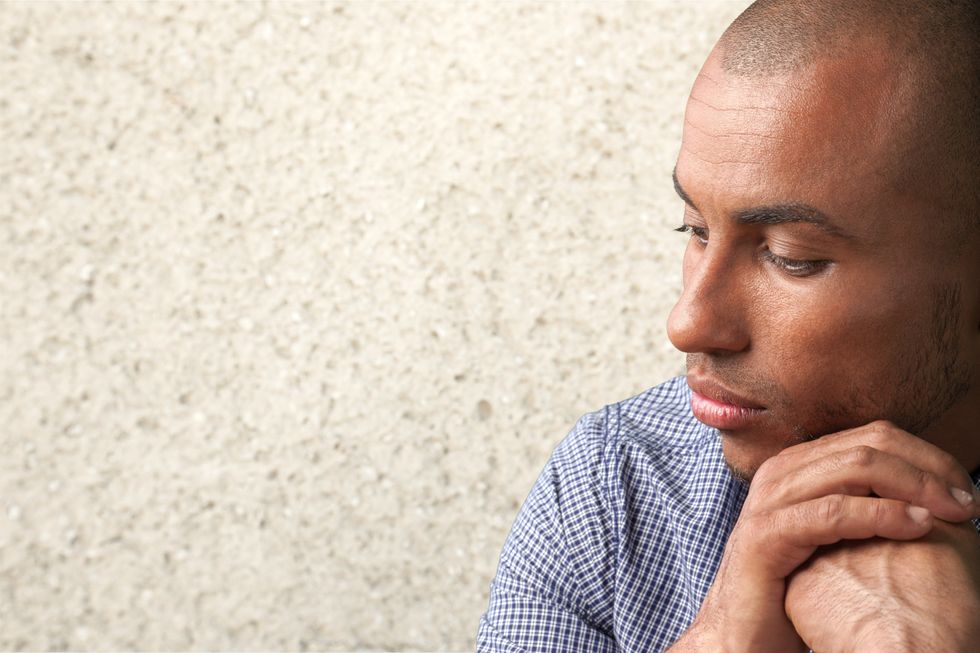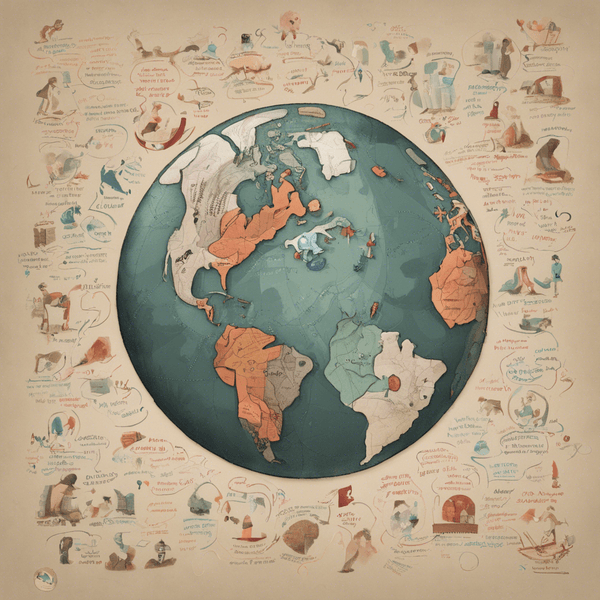Recovery Isn't Black and White, And I'm Tired of People Thinking It is
Whether it's an addiction, self-hate, or a combination of the two, we are fighting and we want you to know that we're trying.
I remember one night, it wasn't just any other night. It was the SuperBowl. I don't know who was playing, I don't think that I cared. I was happy that my family and friends were distracted long enough for me to decide whether life was worth living or not. For as long as I could remember, I've been depressed and struggling with my self-image. I've never liked who I am, and it seemed those around me didn't like me either. That night I swore to myself that I would either make it out alive or make it so that my family couldn't (and wouldn't) blame themselves. Let me tell you, staring at a broken razor for hours wondering whether or not that is the answer to your problems is probably the most painful time in a person's life. I didn't even think I had a right to feel the way that I did. I had a family who loved me, I had a cat who adored me and wouldn't ever leave my side, I had such a great group of friends who knew that my mental health wasn't the best. But for some reason that night I felt so alone. So I picked up the razor and you can only guess what happened after that.
For years after that night, I have struggled with trying to never feel the way that I did that night. That night had landed me in LifeStream and had disappointed my entire family. If I thought that I had felt worthless before, it's worse to see your family in pain because you thought you were better off dead. I remember the doctors in the LifeStream asking me if I knew who played the SuperBowl, and she followed it with a chuckle saying, "Oh, of course, you don't. Instead, you decided to mutilate yourself."
I vowed after that I would do my best to recover, if not for me, for those who loved me. But let me tell you first hand, that wasn't the last time that I had picked up a razor. It was far from the last time. My self-harm experiences were me attempting to 'fix' my pain and my imperfections. For years leading up to college, I have struggled with reminding myself that I do matter.
I know that I had disappointed and infuriated so many people because I couldn't just say, "I know this isn't healthy so I'm going to make the right choice and choose life." Because it's never that easy. Yes, we can go to therapy and we can tell everyone we love that we aren't okay. You know how they tell the family members that you can't help someone who doesn't want to be helped? That is so wrong. It's not that we don't want to be helped, we don't feel that we are worthy of anyone's help. Why should I expect any other person on this planet to deal with my constant war of emotions? There are alcoholics that can go decades without a drink, but be pushed over with a simple event. Because recovery isn't black and white, not even gray.
Recovery is the ugliest of neutral colors. Sometimes it's a bright yellow, easy and freeing. But then sometimes it's a crimson red, panic and pain that lead us to fall into old habits. We slip up because we remember how we would feel with our small addictions. Maybe they weren't healthy, but they helped us cope when our head wasn't the best place to be. Sometimes our demons are screaming so loud that we can't drown them out. Sometimes we slip up.
Please remember that if your loved one falls off their recovery path, that it had nothing to do with you or anyone else. If you know someone who is hurting, the worst thing you could do is ask them why. Most times, there isn't a why. It's so stupid for us to dwell on the "why" when the most important part is making sure that they can get over their obstacle safely. Trust me when I say that it hurts us even worse when we can't give you a reason as to why we fell off the wagon because we feel like we owe you at least that much.
Relapse is a part of recovery, and it always will be. So how do you as a loved one help?
1. Be a friend.
If we could do it on our own, do you think we'd be in this position in the first place?
2. Check on your loved ones.
Even if they haven't given you a reason to worry, we don't need to wait until it's too late. You don't have to call someone every day to let them know you care.
3. If they DO relapse, DON'T blame them.
I promise you they are already blaming themselves.
4. If you are worried that a loved one HAS relapsed, contact the CORRECT personnel.
You should know your loved one. I know that when I was in the pain that I was, LifeStream was the last place that I needed to be. These rehab facilities that promise to "fix" your loved one can be a driving point for them to fall back into old, self-destructive habits.
5. Ask how you can help.
As self-explanatory as this is, often we overlook that our loved one may just need someone to sit with them. If we sit within the same four walls our entire lives, sometimes we don't know what life is like beyond the familiar. As unwilling as we are for the help, please keep trying. It means a whole lot more to us than you will ever know.
If you are the one who is struggling with the recovery process, please don't ever hesitate to reach out for help. Below are a list of resources if you find that you don't have a trusted person to help you through your crisis.
7 Cups of Tea- Our Mission: 7 Cups of Tea is for anyone who wants to live in a world where the human experience is free from stigma and stereotypes and rich with love and support.
National Suicide Hotline- Call 1-800-273-8255 Available 24 hours every day

